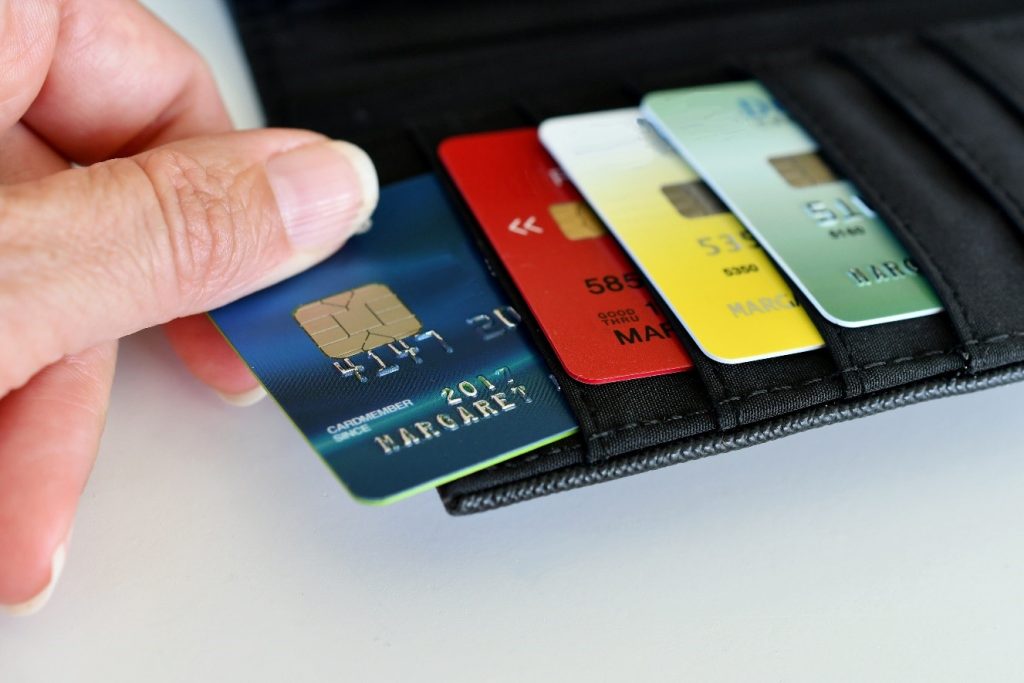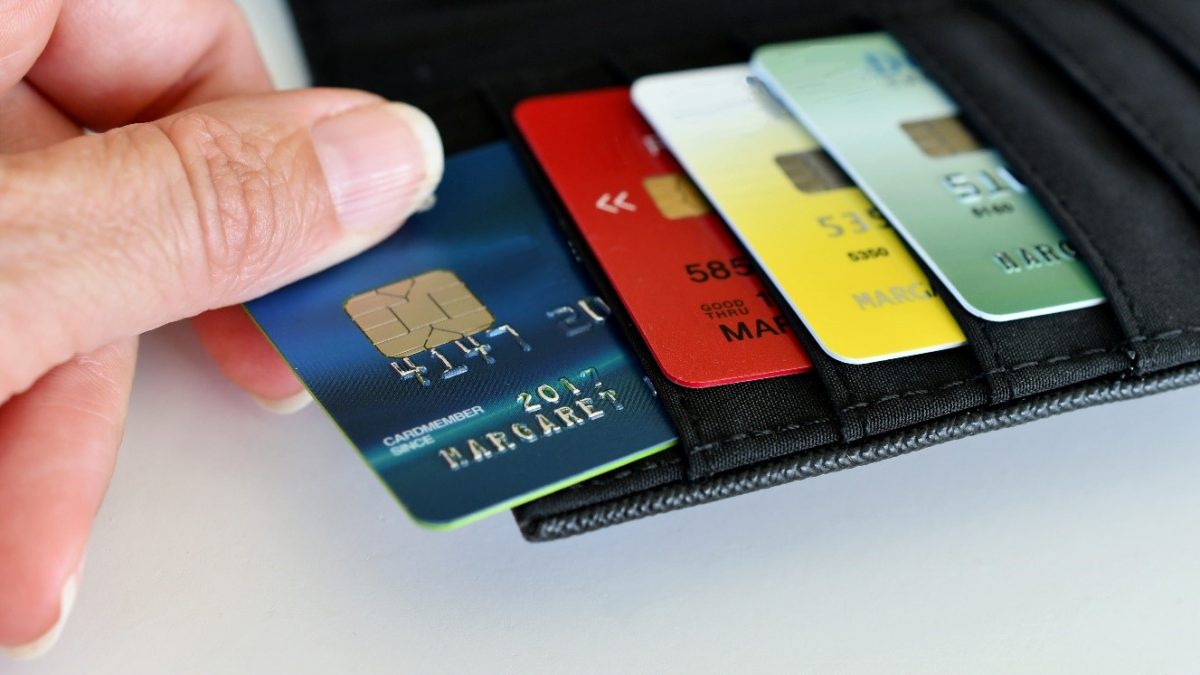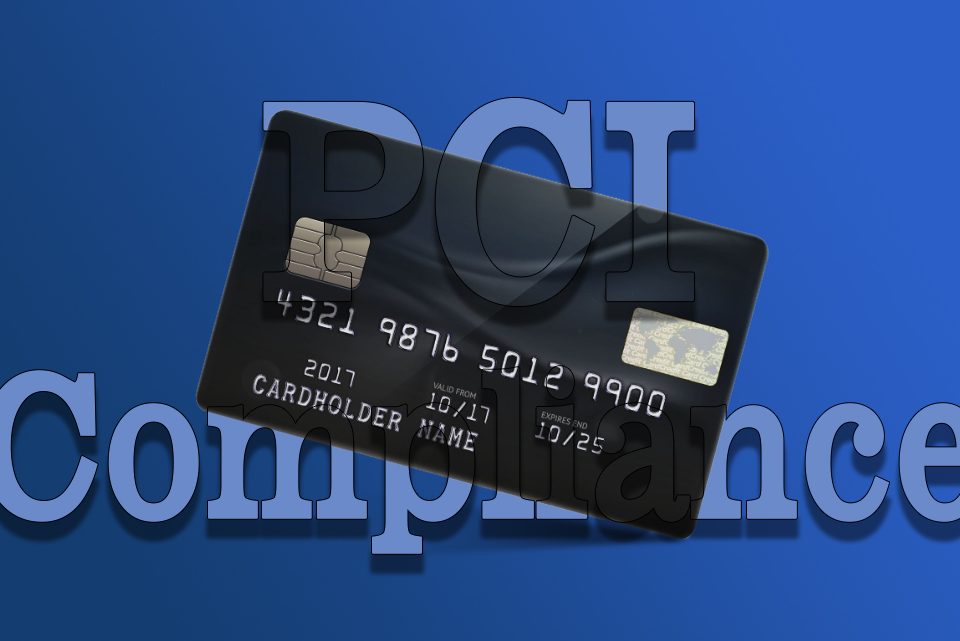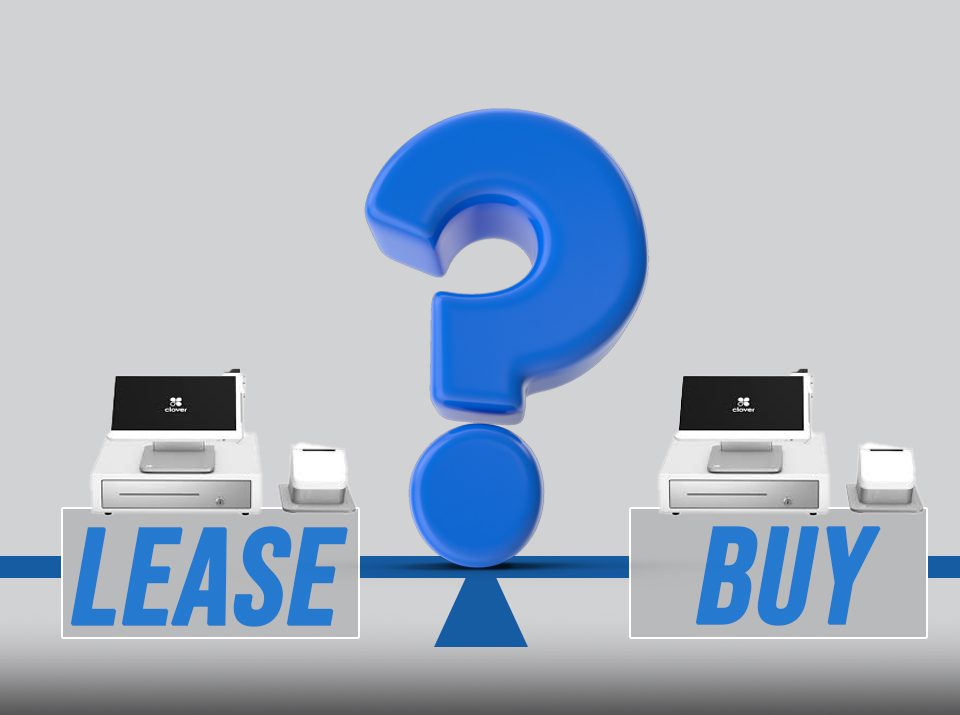What you need to know about credit card processing

How to Open a Merchant Account
March 1, 2022
How a POS System Improves Restaurant Operations
January 10, 2023Since the majority of people don’t carry much cash on them these days, most purchases are made with a debit or credit card. So, to process most sales you’ll need a solid point of sale system and merchant service to be able to do credit/debit card processing.
There are lots of different POS machines and merchant services to choose from and the process can be complicated and expensive. In this article we’ll go over all the industry terms, how processing works, types of plans, fees involved, and everything else you need to know when it comes to credit card processing.
The Payment Process
There are more moving parts than you may think when it comes to swiping that card when a purchase is made. First, a customer makes a purchase using a credit card. Then the credit card is swiped through a terminal where the card gets identified and connects with the processing company for authorization.
The credit card company then sends the money to the bank of the business through a certified merchant services provider like Valiant Payments. The business bank then deposits the payment into the merchant’s bank account and a statement is sent at the end of the month which shows the interchange information for the transactions that occurred that month. Interchange is the fee that each credit card company sets for merchants to take credit card payments.
All the entities involved in credit card processing
Every time a credit card is used there are several entities involved. The info below helps to look at all the parties involved in processing electronic payments.
Merchant: A business that needs to accept credit card payments
Merchant Services Provider: Also known as a merchant account provider or payment processor. This is the company or service that gives you access to all the tools you need to accept and process electronic payments. The merchant service provider is responsible for everything from your point of sale, to your payment gateway.
Cardholder: A customer who owns a credit card to make a purchase
Acquiring Bank: This is the businesses or merchant’s bank. The acquiring bank holds the merchant’s funds and obtain the money from a sale.
Issuing Bank: This is the cardholder’s bank. These banks deposit funds into the acquiring bank for the cardholder’s purchases.
Card Association: These are the governing entities that set interchange rates and adjudicate between the issuing and acquiring banks, like VISA, Mastercard, American Express, and Discover.

what is involved in credit card processing
Credit Card Processing Fees
Many payment processors are not transparent about the fees they charge, and it can often be confusing trying to decipher what the fees are for. It’s important to know the different types of fees and pay close attention to the monthly statements so that you’re not overpaying.
Transaction Fees: These are the fees charged for each transaction processed. Transaction fees are composed of the interchange fees and cents per transaction. “Per-transaction fee” refers to the non-percentage part of a processing rate, usually quoted in cents. These fees are the only ones that are mandatory and set by the credit card companies like VISA, Mastercard, Amex, and Discover.
Recurring Fees: The way providers make money is by charging businesses merchant fees on top of the interchange fees. These are a variety of non-mandatory fees that can be seen on monthly statements. Look out for types of recurring fees such as:
-
Statement fees- This is usually the administrative costs associated with maintaining a merchant account.
-
Monthly minimum fees- These are fees charged by the merchant services provider if the number of transactions for the given month doesn’t meet the credit card processors monthly minimum thresholds.
-
Batch fees- After the merchant makes a sale, batching out is the next step in the credit card payment process towards getting paid for your products or services. Batch processing works the same way whether you process the sale at your point-of-sale terminal or on-line or phone sale. Merchants will get the funds deposited in batches instead of for each individual sale and payment processors will charge extra to have a same day or next day batch out.
One-time fees: These are fees that merchant service providers charge only one time. Most of the time it’s set-up fees but can also include terminal fees, termination fees, chargeback, retrieval fees, and payment gateway fees.
Pricing Models for Credit Card Processing
In this section we’ll go over the most common types of pricing models or plans that payment processors offer.
Interchange-Plus: The interchange plus plan or percentage markup plan is just what it sounds like, merchant service providers charge an additional percentage that they put on top of the interchange rate for each transaction processed. Each card type has different interchange rates so it’s hard to tell what the merchant will pay each month with this type of plan./
Tiered Rate: This can also be known as bundled pricing and is one of the most expensive and least transparent models available. These fees are structured into tier groups. The reason it’s the least transparent is because providers arbitrarily determine the tiers. The three types of tiers are qualified, mid qualified, or non-qualified. Most providers set the most popular card types in the most expensive tier group and often add extra fees that are not clear but are also not generally questioned either. Qualified receive the lowest fees, while non-qualified are charged the highest fees.
Flat Rate: With a flat rate pricing model the payment processors set the same percentage charge for all cards. Therefore, no matter what card is being used or how many times it’s used, the merchant will always pay the same flat rate percentage. The most popular processor that does this is square, which charges a flat rate of 2.9% for all cards. The only downfall with this plan is the more that you charge the more expensive it gets, especially for debit cards, which usually have an interchange of about only .5%.
The reality of the merchant processing world is that most businesses aren’t even aware of what they’re paying for or why, which allows merchant services providers to take advantage of that fact and make substantial profits. Also, most providers are not interested in helping their customers businesses grow but instead only focused on making a profit from fees. With Valiant Payments, we have a variety of processing plans that are guaranteed to save you money and designed to help grow your business.
Unlike most all other payment processors that view their customers as just a number making numbers, we view ours as valued partners and have a vested interest in helping their business grow. Valiant provides clear transparency and makes your processing fees work for you by channeling a portion of them back into your business through marketing services so you can obtain more business. Get your free savings analysis today and see the difference Valiant Payments can make for your business.




